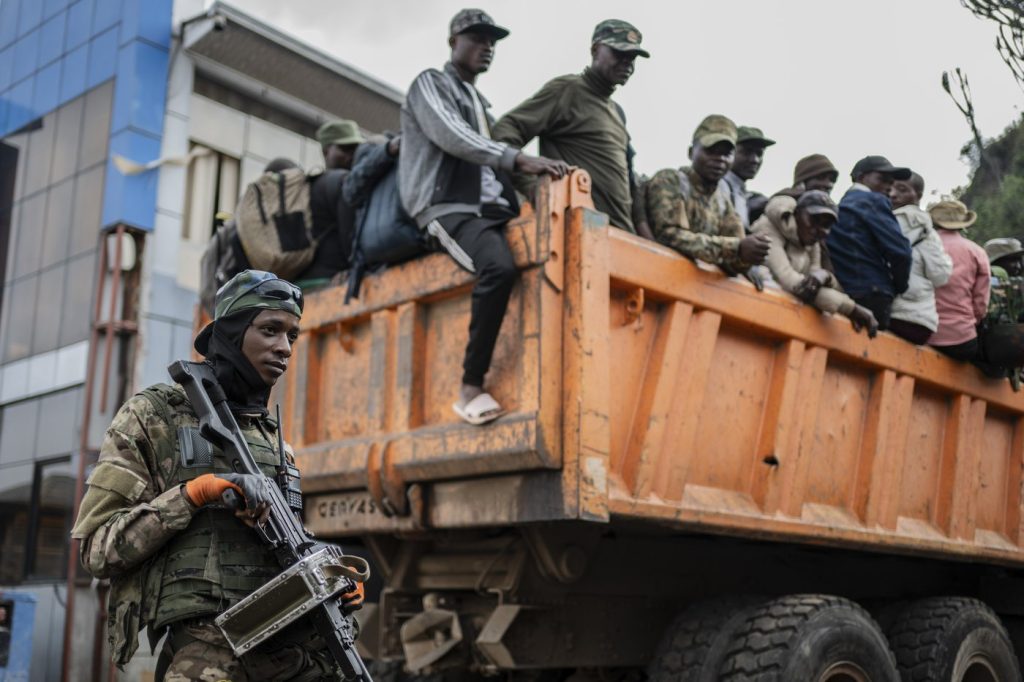In the ongoing conflict in eastern Congo, the Rwanda-backed rebel group M23 has publicly denied allegations of involvement in a series of massacres that have recently come to light. The denials came in response to a detailed report published by Human Rights Watch, which accused M23 of killing over 140 civilians as part of a military offensive against the Democratic Forces for the Liberation of Rwanda (FDLR), an armed group primarily composed of ethnic Hutu fighters.
Lawrence Kanyuka, spokesperson for M23, labeled the Human Rights Watch report as "fake" and an attempt to "falsify reality." He accused the rights group of disseminating "extremist propaganda." M23 is notable for being one of more than 100 armed groups vying for control in the mineral-rich eastern regions of the Democratic Republic of the Congo (DRC). Both M23 and the Congolese military have faced allegations of committing violence against civilians in this complex environment.
Earlier in 2023, Congolese authorities had already accused M23 of engaging in extrajudicial killings during their rapid seizure of major cities. The backdrop of these accusations ties into a larger historical context, as nearly 2 million Hutus fled to Congo following the tragic events of the 1994 Rwandan genocide, which resulted in the deaths of around 800,000 Tutsis and moderate Hutus. Rwandan officials have suggested that some of those Hutus who escaped to Congo participated in the genocide, alleging that the Congolese army has provided them protection.
Bertrand Bisimwa, one of the leaders of M23, took to the social platform X to state that the Human Rights Watch report was designed to influence the United Nations Security Council and lacked credible evidence. Adding to the complexity, a separate report from Amnesty International, also released on the same day, found that both M23 and militias backed by the Congolese government have routinely committed mass atrocities and sexual violence against civilians.
The United Nations has described the humanitarian situation in eastern Congo as one of the most protracted and severe crises globally, with around 7 million people displaced due to the ongoing conflict. Efforts have been made by the United States and other international actors to establish a permanent ceasefire, particularly following an escalation of hostilities that began in January 2023 between M23 and Congolese forces.
In July, Congolese and Rwandan foreign ministers signed a peace agreement at the White House, although M23 was not directly involved in these negotiations and subsequently declared that it could not accept the terms laid out in the agreement. The final step of the peace process was expected to include a separate deal between the Congolese government and M23, mediated by Qatar, aimed at achieving a sustainable ceasefire. However, deadlines associated with this deal have been missed, and there have been no substantial indications of forthcoming negotiations between the two parties regarding this critical aspect.
In response to the human rights violations detailed in the reports, the U.S. Bureau of African Affairs has called for an emergency meeting of the U.N. Security Council, emphasizing the urgent need to address the "horrific abuses perpetrated against civilians" by M23 and other involved parties.











